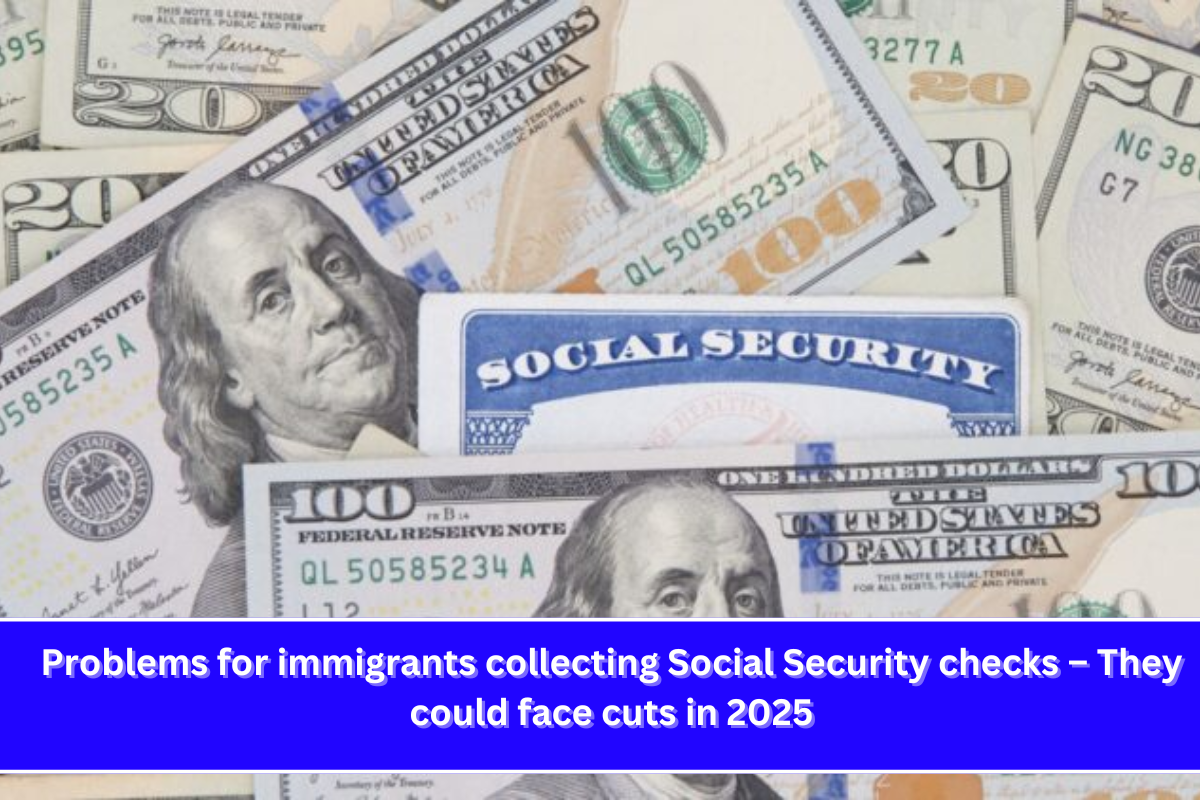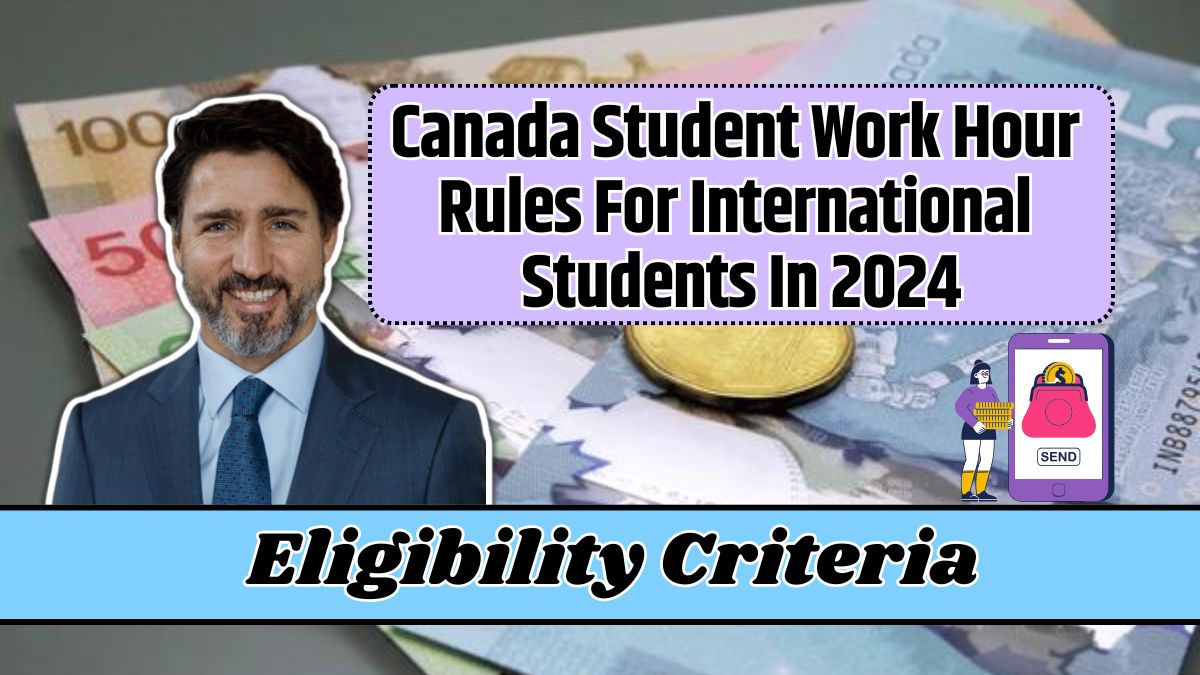When the Social Security Fairness Act passed the House of Representatives, many expected it to pass quickly in the Senate. Unfortunately, it does not appear to be moving as quickly as we had hoped, and many people are already wondering if they will spend another year with a pension that is less than they deserve due to the two clauses that the Act seeks to remove.
The Act focuses on the Windfall Elimination Provision (WEP), a rule used to decrease Social Security worker payments for people who receive “non-covered pensions” yet are eligible for Social Security benefits based on other Social Security-covered earnings.
A non-covered pension is one provided by an employer who does not deduct Social Security taxes from your income, such as state and local governments or non-U.S. companies. It also intends to remove the Government Pension Offset (GPO), which adjusts Social Security spousal or widow(er) payments for those receiving “non-covered pensions.”
These provisions were implemented by the Social Security Administration (SSA) to ty to avoid workers who were eligible for a pension as well as benefits from being able to collect a substantially higher Social Security benefit that would be fair, but this was when pensions were robust and would actually sustain a person during retirement, while nowadays this is not the case and, in some cases, teachers, police officers, firefighters, and other pensioners
However, this also affects another group of people who are often overlooked: Americans who have lived and worked abroad for a period of time and earn a pension, as well as foreign workers who have paid to Social Security but receive money from a previous job abroad.
These taxpayers are also covered by these provisions, and having their benefits lowered due to foreign pensions that frequently do not meet their demands might have a negative impact on their quality of life.
This rule primarily affects persons who have not earned the requisite 30 years of taxable income to obtain the maximum Social Security payment, but it has a broad impact. Those who fail to make the required contributions may see their payouts slashed by up to 50%, particularly if they are immigrants receiving pensions from their home countries.

How the WEP repeal would help Immigrants access to Social Security benefits
It depends on the personal situation of every person, but for those that nowadays struggle because their Social Security benefits are being severely slashed, the repeal of these provisions would help make ends meet, after all, as lawmakers endorsing the bill have reminded those that oppose it, beneficiaries are not asking for extra benefits to be awarded to them, they are asking to get their rightful contribution to the Social Security program back in benefits as they are.
However, depending on the country from which they are receiving their additional pension, the situation may not be as bad for them, as the US has bilateral agreements with some nations that allow combining work periods, which can help immigrants meet the minimum requirements and access a higher benefit while remaining within the amount they are entitled to based on their record and without having to jump through as many hoops.
It is critical for migrant workers to investigate whether their countries of origin have agreements with the American government. This could prevent major pension reductions and ensure a more stable retirement. Furthermore, it is recommended that you seek advice from professionals or speak with Social Security directly to determine how to best use the resources available to you.















